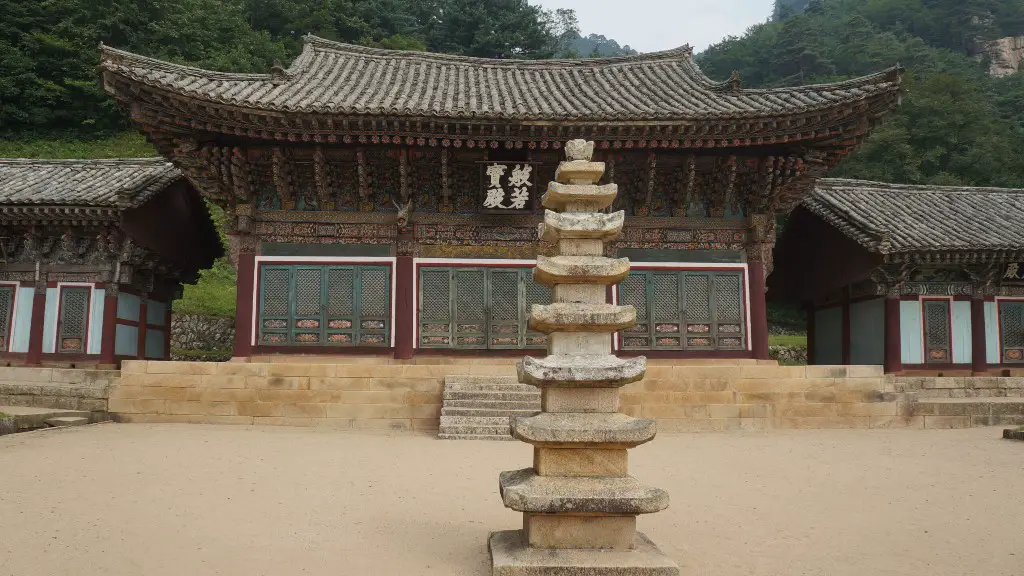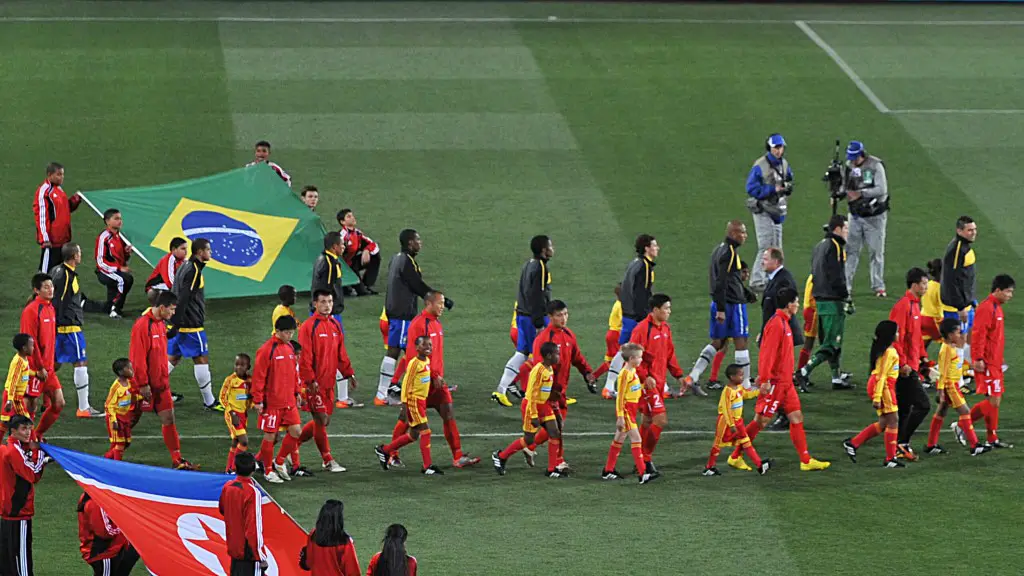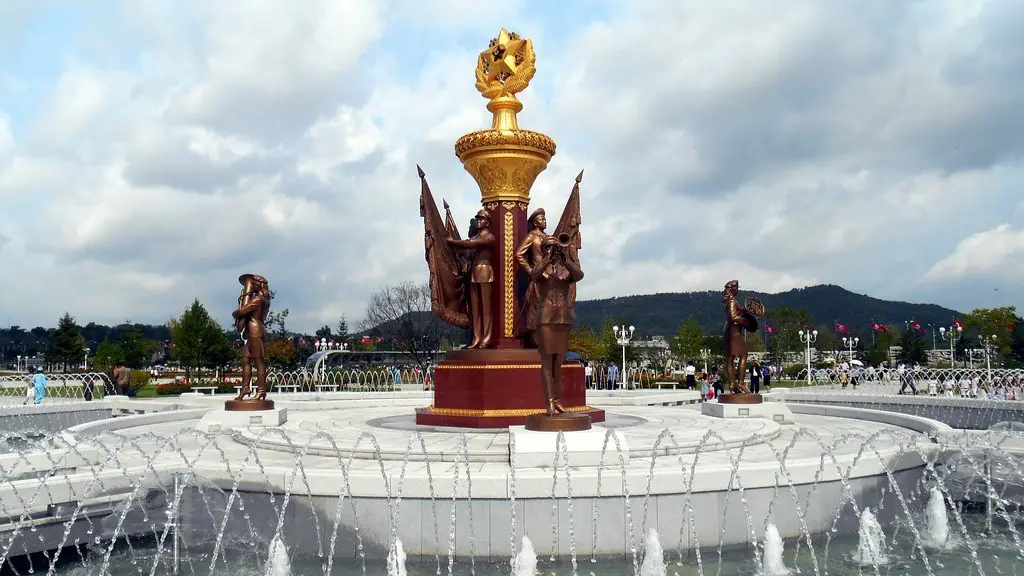Background Information
North Korea is one of the most isolated countries in the world, and as such its job market is very different to that found in most other countries. The government is still highly centralized and almost all economic activity is heavily regulated by the state. This has had a huge impact on job opportunities, with the public and private sector being tightly intertwined and few independent jobs being available. Most jobs in the North Korean labor force are government-owned or union-owned and operate under the direction and control of the state. As of 2019, the estimated total labor force in North Korea was around 15 million people, with more than half of them out of work.
Government Employment
Being a government-controlled country, North Korea’s economy and workforce is highly regulated by the state. The majority of employment in North Korea is from the government and is highly prioritized to keep the country running. The top positions in the government are taken up mainly by individuals from the ruling Kim family and their supporters, however lower level positions can be filled by civilians. Positions such as civil servants, government officials, police and military officers and even teachers are all readily employed.
Industrial and Construction
The government-run industrial and construction companies form the backbone of the North Korean economy. Many of these state-owned companies work in a wide range of industries such as mining, agriculture and manufacturing. In addition, there are several private industrial enterprises as well as a developing tourism sector that is increasingly providing employment opportunities. Workers in industrial and construction jobs are in high demand and generally earn above the average annual salary of most other positions.
Agriculture
Agriculture is still one of the main sources of employment in North Korea, even though it only contributes a relatively small share of the country’s GDP. Workers in the agricultural sector are largely employed by state-run farms or cooperatives and are responsible for harvesting and cultivating crops. The pay is generally low but is much higher than the average salary in the country and the job is seen as one of the most secure.
Medical Care
Healthcare is one of the most important industries in North Korea, with medical personnel playing an essential role in keeping the population healthy. Doctors and nurses are highly sought after and are generally rewarded with more favourable salaries. Accredited medical degrees from foreign universities are becoming more accepted and allow medical workers from abroad to apply for positions in North Korea.
Retail and Services
Retail and services are the largest sector of the North Korean economy, accounting for over 40% of the national GDP. These jobs can range from small stands selling food and sundries to larger organisations running supermarkets and department stores. Workers in the retail and services sector are often paid less than average, although they are given certain benefits such as free meals and housing.
Education
Education is highly valued in North Korea and teachers are in high demand. There are a range of positions available, ranging from primary to tertiary level. Teachers are highly trained and many have studied abroad at foreign universities. Salaries are relatively low but they are given better benefits than most other workers and are respected in the community.
Fishing and Fishing-Related Industries
Fishing and fishing-related industries form a major part of the economy in North Korea. Fishing is seen as a secure job in the country and workers are highly sought after. Fishing is largely done by state-owned organisations, with workers receiving a regular salary for their efforts. There are also a number of private enterprises that are involved in the industry, providing good jobs and reliable incomes for their workers.
Information Communication Technology
Information Communication Technology (ICT) is quickly becoming one of the largest industries in North Korea. A number of state-run departments and private companies are involved in the industry, providing hardware and software solutions to both domestic and international clients. ICT workers are generally well paid and are sought after both domestically and abroad.
Coal Mining
Coal mining is another important industry in North Korea, accounting for roughly 10% of the country’s total GDP. This sector is heavily regulated by the state, with most of the mining being done by state-run organisations. Salaries for coal miners are relatively low but the job is seen as very secure with few other opportunities available.
Entertainment
The entertainment industry in North Korea is a growing sector that is providing a range of employment opportunities. Actors, musicians, producers, directors and other creative professionals are in high demand, with salaries that are often far above the average. Film studios, theatres and musical events are also growing in numbers, creating more job opportunities for those in the industry.
Tourism
Tourism has expanded rapidly in recent years, and has been seen as an important source of foreign currency for the country. Tour operators, travel agents, tour guides, hotel and restaurant staff are all heavily employed in the industry. With the increasing number of visitors, more jobs are becoming available for North Koreans in this sector, allowing them to make use of their knowledge and experience of the country.



